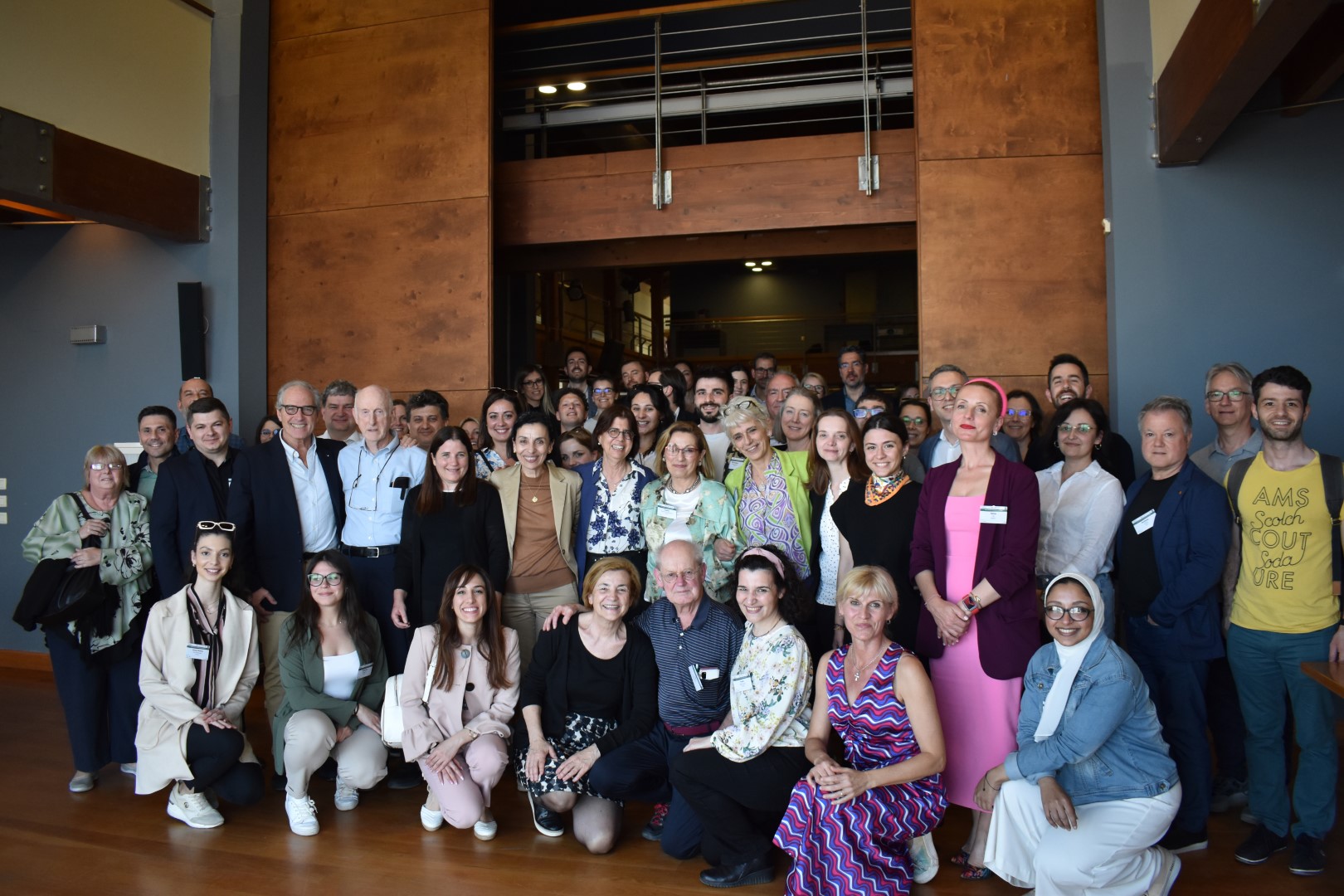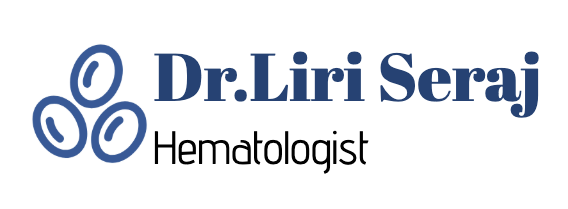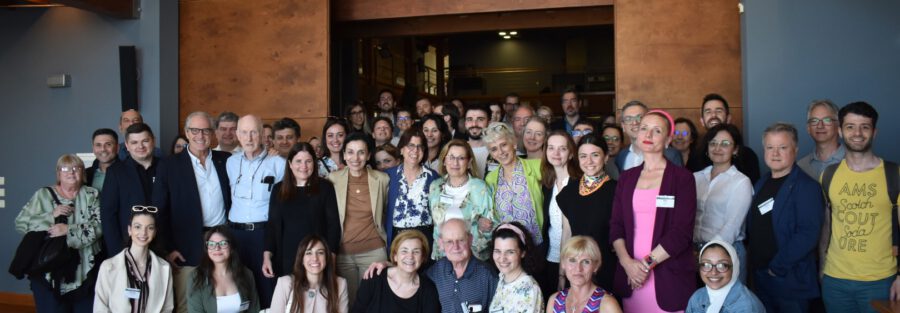EUNet-INNOCHRON
European Network for the Innovative Diagnosis and Treatment of Chronic Neutropenias
The final meeting of the EUNet-INNOCHRON project convened in Chania, Crete, from April 4th to 6th, 2024. This pivotal COST Action Research initiative, launched in 2020 under the leadership of Professor Helen Papadaki, sought to forge a comprehensive network of researchers specializing in Chronic Neutropenias (CNPs). The project’s primary objective was to stimulate interactions and foster collaborations among leading European experts and emerging investigators across diverse scientific disciplines, including Clinical and Laboratory Haematology, Immunology, Genetics, Molecular Biology, and Regenerative Medicine.
The concluding assembly was marked by a profound sense of accomplishment and camaraderie, as participants reflected on the significant achievements of the past four years. The atmosphere was a blend of joy for the milestones reached and a touch of melancholy as the collaborative journey drew to a close.
On a personal note, I am deeply appreciative of the friendships and professional relationships cultivated throughout these years—bonds that remain strong to this day. The opportunity to engage in enriching discussions on topics ranging from hematology to cultural heritage, and even personal stories about family and pets, was invaluable. I had the distinct honor of interacting with some of the brightest minds in the field, including Prof. Jan Palmblad, Prof. Carlo Dufour, and Prof. Helen Papadaki, whose leadership, resilience, and intellect have been truly inspiring.

Professor Helen Papadaki reflected on the project’s evolution, stating: “The EUNet-INNOCHRON Action has matured into a highly successful network and a dynamic, interactive community, thanks to the unwavering dedication of our scientists. Their meticulous research into both current and future aspects of neutropenia has significantly enhanced collaborative efforts. Equally important was the platform this network provided for young clinicians and researchers across the EU, particularly from inclusiveness target countries and neighboring regions, offering invaluable training opportunities in the study of neutropenias—a rare condition often progressing to pre-leukemia.”
The impact of this network’s work extends directly to patient care, improving access to appropriate treatments within their localities. Moreover, the consortium’s harnessing of big data has enabled groundbreaking advancements in understanding the molecular structure of the disease, identifying biomarkers, and refining parameters crucial for the prevention, diagnosis, and continuous monitoring of patients’ conditions.
With the conclusion of this chapter, we eagerly anticipate the next phase of research and innovation in the realm of neutropenia, confident that the foundations laid by EUNet-INNOCHRON will continue to drive progress and discovery.
Looking forward to the next Neutropenia project extension…
For more information feel free to explore: https://eunet-innochron.eu/


